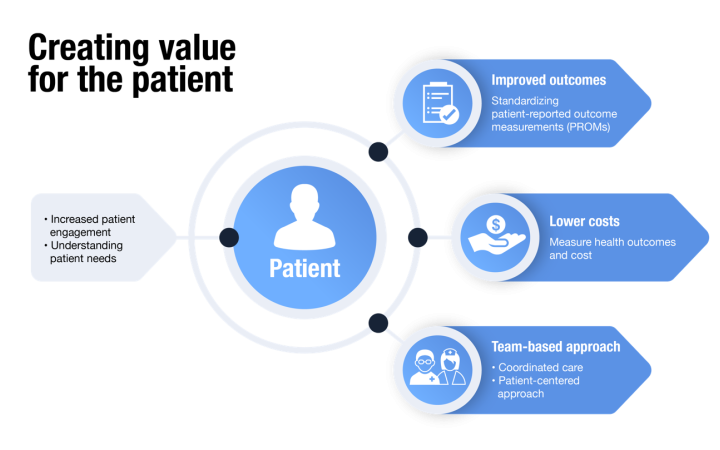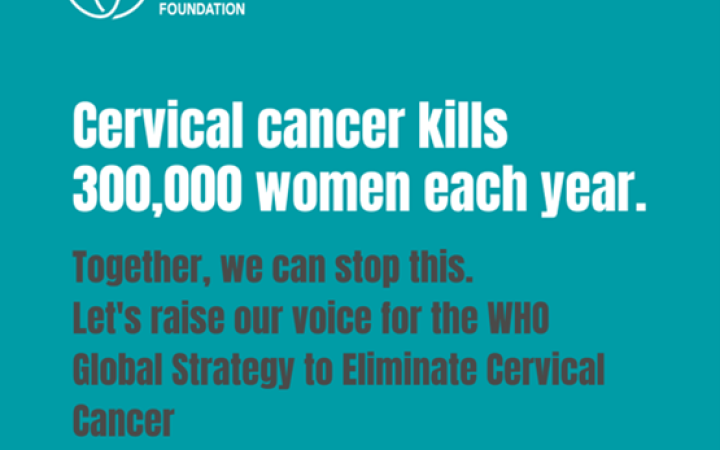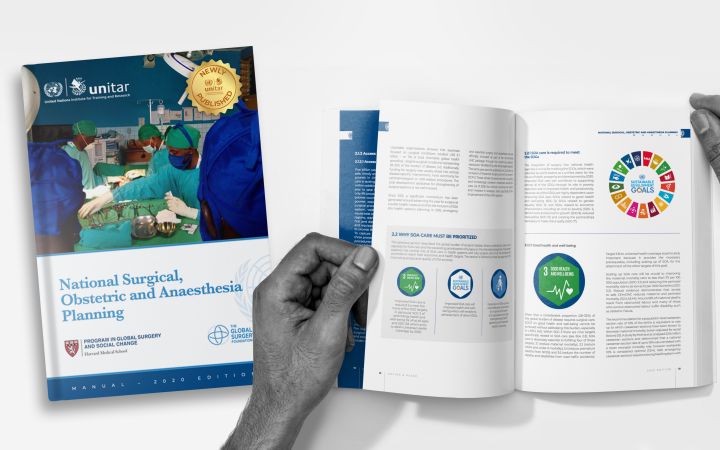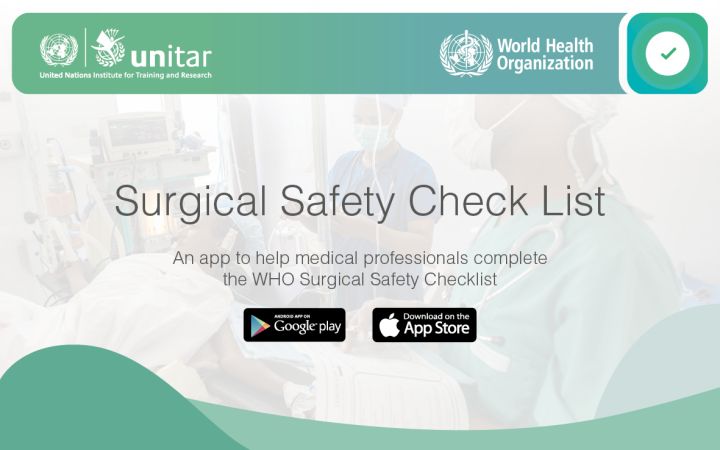Global Surgery Foundation
The global burden of disease is clearly shifting from infectious diseases to injury and non-communicable diseases (NCDs). With this rapid increase in injury and NCDs, the global health community is appropriately turning its attention to developing programmes in prevention and early detection. However, there remains an enormous gap in the treatment options because only limited attention is being focused on surgical, obstetrical and anaesthesia care. Currently, 5 billion people lack access to safe and essential surgery.
Despite the obvious need, there is presently no coordinated research or funding strategy to support the development of surgical and trauma care in low-and middle-income countries (LMICs), such as that which exists with the Global Fund for HIV, Malaria and TB. The Global Surgery Foundation exists to fill this gap and aims to accelerate and expand the provision of surgical, obstetrical, and anaesthesia care for attaining better health for all.
A well-functioning surgical care system is essential and is the foundation for treatment of injury and many of the NCD disease profiles. UNITAR is a partner of the Global Surgery Foundation, a foundation based in Switzerland, which seeks to improve access to safe and affordable surgery for all people.
Click here to learn more.
Value-based Healthcare
The Global Surgery Foundation and UNITAR, with the support of Takeda, have launched a new platform on value-based healthcare.
At its core, value-based healthcare is about improving health outcomes for patients. The ‘value’ is derived from ensuring that patients receive the best outcome from their healthcare while doing so at the most reasonable cost. The value-based healthcare model utilizes a team-based approach that is centered around patient care, allowing for more coordinated care and outcomes that can be measured more easily. Pilot projects are being launched in Turkey, Rwanda, and South Africa.
UNITAR seeks to support locally-led initiatives that will promote and advance the implementation of value-based healthcare. Our vision is to improve health outcomes in low-income and resource-limited settings by leveraging surgical care systems as a pathway to value-based health care. Click here to learn more.
Click here to watch our video on Value-Based Healthcare.
Cervical Cancer programme
Cervical cancer is the most common cause of cancer death in women in Sub-Saharan Africa. Despite existing interventions to diagnose and treat cervical cancer, every year nearly 600,000 women develop and over 300,000 women die from cervical cancer. If nothing is done, 400,000 women will die yearly due to cervical cancer by 2030.
The Cervical Cancer programme aims to combat cervical cancer through increasing access to surgical treatment for the disease. The overall goal is to “decrease morbidity and mortality through expanded access to surgical services for the diagnosis and treatment of early-stage cervical cancer.” Phase I of this programme focuses on the countries of Zambia and Rwanda for proof of concept and organizational strengthening, while resource mobilization continues for roll-out in other high impact countries for Phase II.
UNITAR is working in close collaboration with the Global Surgery Foundation, the World Health Organisation, Harvard Medical School and Ministries of Health, including Rwanda and Zambia, to address this challenge.
Click here to learn more.
Click here to watch our video on cervical cancer.
Published National Surgical Obstetric Anesthesia Planning (NSOAP) Manual
Following both the Lancet Commission on Global Surgery and the World Health Assembly Resolution 68.15 in 2015, world leaders in surgery, obstetrics and anesthesia came together to produce a comprehensive planning methodology for governments to use to increase capacity in safe surgical, obstetrical and anesthesia care. The National Surgical Obstetric Anesthesia Planning (NSOAP) process offers ministries of health a pathway to integrate surgical planning into their overall national health strategies using a systematic and logical approach.
With more than 50 contributors from various sectors of global health, the NSOAP Manual provides a framework for the development of plans and policies to improve the provision of safe surgery, obstetric and anesthesia care at a national level.
The NSOAP Manual is being published as a collaborative initiative between the United Nations Institute for Training and Research (UNITAR), the Harvard Medical School Program in Global Surgery and Social Change, and the Global Surgery Foundation.
Click here to learn more.
To download the NSOAP Manual free of charge, please click here.
Mobile Application - The WHO Surgical Safety Checklist
The World Health Organization published the Surgical Safety Checklist in 2008 as a way to increase the safety of patients undergoing surgical procedures. The use of the checklist is associated with a significant decrease in complications and death related to surgery and anaesthesia.
UNITAR, in partnership with the WHO and the United Nations International Computing Center and Harvard Medical School’s Programme in Global Surgery and Social Change (PGSSC), have developed the Surgical Safety Checklist Mobile App (download now on Google Play & Apple Appstore) that is intended to provide surgical teams with an electronic checklist, on safe standard procedures to be followed in the operating room.
It is recommended for all members of a surgical team including surgeons, anaesthesiologists, nurses and assistants.





